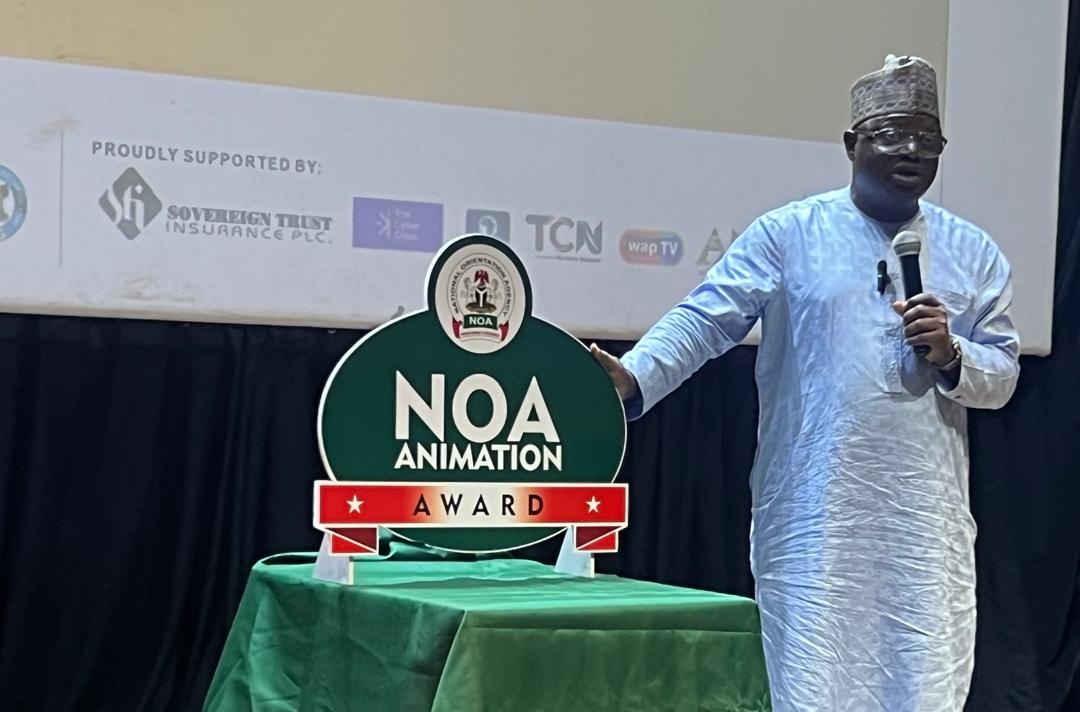The Federal Government has constituted the National Building Code Advisory Committee (NBCAC) to strengthen Nigeria’s building and construction industry on a firm foundation of standards, regulations, and professionalism.
Furthermore, by inaugurating the committee, they demonstrate their commitment to ensuring that every Nigerian home, office, school, hospital, and place of assembly is constructed to standards that guarantee safety, durability, and sustainability.
At the ceremony in Abuja, the Minister of State for Housing and Urban Development, Yusuf A. Atta, said the Building Code is the most important regulatory instrument for the built environment, setting its core and minimum standards across pre-design, design, construction, and post-construction stages to ensure quality, safety, and competence in the building industry.
Ata explained that the journey of the Code spans several decades, adding that the first attempt was initiated in 1987 by the defunct National Council of Works and Housing, with follow-up workshops in 1989 (ASCON, Badagry) and 1990 (Ijebu-Ode).
“After years of consultations, the draft was re-presented at the 2nd National Council on Housing and Urban Development in 2005, culminating in the first official National Building Code signed into law in 2006 by then President Olusegun Obasanjo,” he remarked.
According to the Minister of State, progress has been slow since then, largely due to challenges in ratification, enforcement, and compliance.
“We understand the first National Building Code Advisory Committee was inaugurated in 2018, and upon its expiry three years later, it was not reconstituted,” he said.
Similarly, he stated, “We are today reconstituting this important committee that is very critical to fixing and arresting the embarrassing problem of building collapse. The need to evolve a code is based on the existing conditions of our cities and environment generally.”
The minister further clarified that the Code establishes Enforcement Divisions or Units at Federal, State, and Local Government levels, staffed by registered professionals such as Architects, Engineers, Builders, Surveyors, Town Planners, Fire Officers, Estate Surveyors, and Public Health & Safety Officers—tasked with enforcing its provisions.
“This makes the document a truly national instrument, rooted in professionalism, and enforceable through statutory institutions stipulating that the Committee shall comprise: Duly registered professionals with not less than ten years post-registration experience in Architecture, Building, Engineering, Urban and Regional Planning, Estate Surveying and Valuation, Quantity Surveying, and Land Surveying,” he said.
The committee has representatives from the Federal Ministry of Environment, Federal Ministry of Health, Federal Fire Service, Non-Governmental Organisations, Standards Organisation of Nigeria, and the Federal Ministry of Housing and Urban Development, which will also provide the Secretariat of the Committee.
“The members of the committee shall serve a term of three years, renewable for one further term of three years. The committee shall meet at least twice a year, with all meetings subject to the approval of the Minister. A quorum shall consist of not less than one-third of the members, including the chairman,” he said.
“We remain committed to delivering safe, decent, and affordable housing, resilient infrastructure, and sustainable urban development. By enforcing the National Code, we are helping to create jobs, protect lives, secure property, and ensure that cities grow in harmony with safety, accessibility, and environmental sustainability.”
Responding on behalf of the Committee, its Chairman, Arc. Mohammed J. Faworaja said they have an important, serious assignment at hand, thanking the minister for constituting them, and promised to carry out their work with diligence and professionalism.
He reiterated that they would review all previous reforms and legislation that could enable them to perform their best in the exercise, calling on state governors and houses of assemblies to adopt the national building codes to help address the menace of building and structure collapses in Nigeria.






